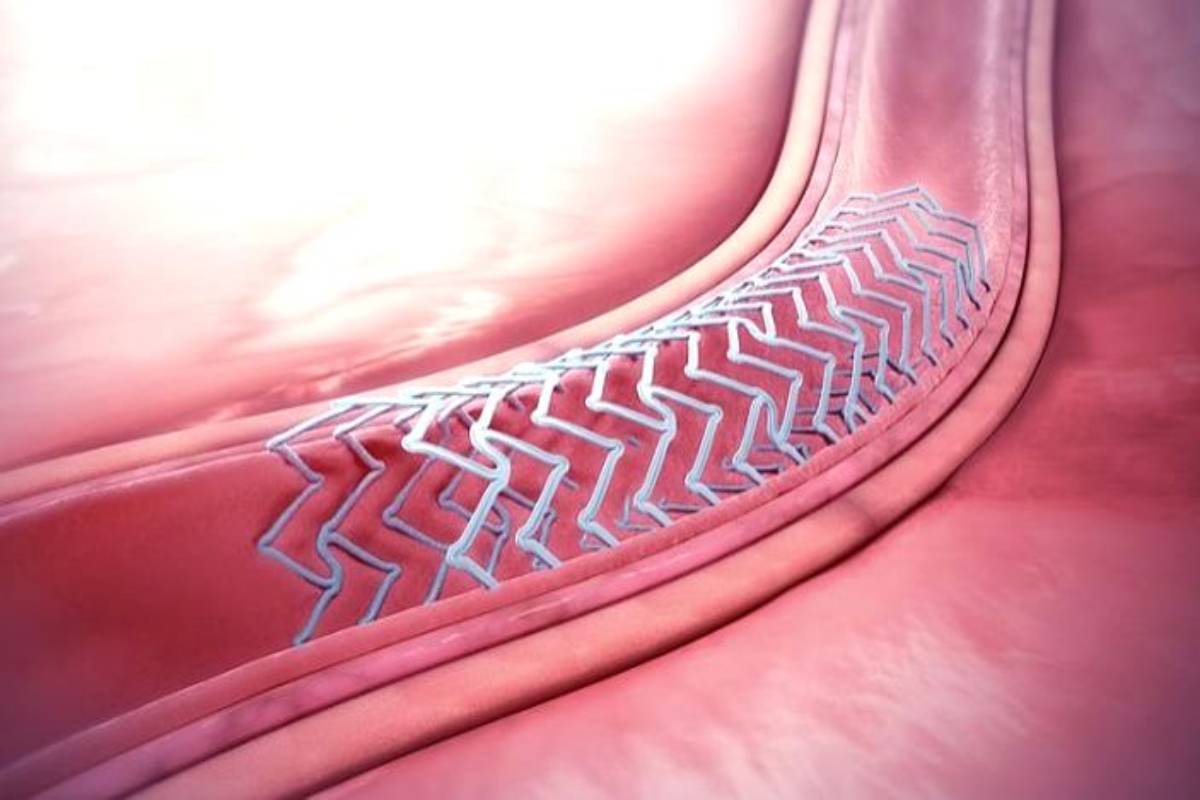The first ever case of robotically assisted bioresorbable stent implantation in the world was done by the Department of Cardiology in the Advanced Cardiac Centre of the PGIMER here as an interventional procedure.
The case was performed by Yash Paul Sharma, Department of Cardiology head, and his team.
The patient was a 47-year-old with coronary artery disease and 90 per cent stenosis of major coronary arteries. Patient underwent successful implantation of bioresorbable stents through the Corindus Robotic Arm of Cardiac Cath Lab.
Advertisement
The Postgraduate Institute of Medical Education and Research (PGIMER) is the first centre in India where robotic-assisted percutaneous coronary intervention (PCI) has been done. The robotic PCI has the advantage of a high degree of precision and cuts down radiation exposure.
Newer bioresorbable stent with thinner struts (100 microns) developed in India have been introduced and now these stents dissolve in body over two-three years leaving the natural artery intact.
Older generation bioresorbable stent had strut thickness of 150 microns. The clinical registry of patients with newer generation bioresorbable stent and also robotic PCI is being carried out in the PGIMER, which has achieved least mortality (6.8 per cent) in patients with acute coronary syndrome, including cardiogenic shock and comorbidities, of all age groups.
Advertisement











